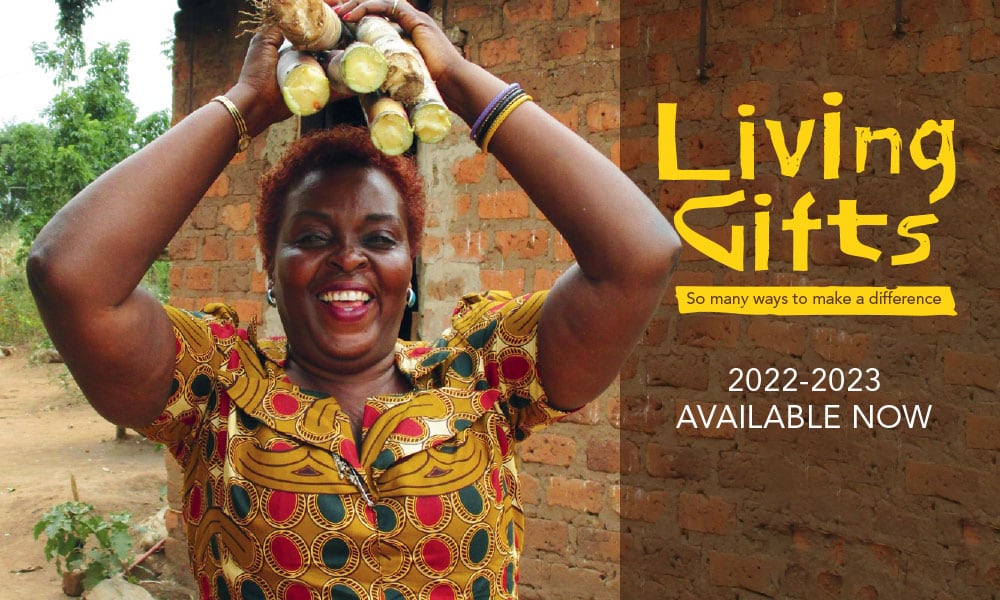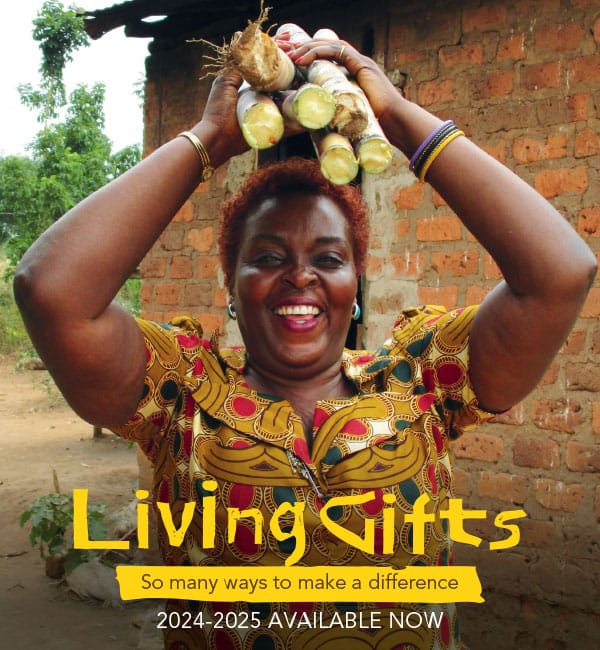2024-2025. Available now
Cambodia
India
Uganda
Indigenous Australia
Partnerships
Poverty alleviation
Food Security
Gender Equality
Sustainablilty
Child Rights
Remembering Jackie Perkins
A great sadness has descended on QSA, its partners, associates, and the wider Quaker community. When Jackie Perkins died suddenly on 20 March, a long and significant chapter in QSA’s history ended.
Jackie started volunteering for QSA in the 1990s before working for over two decades as QSA Administrator. She retired as Executive Administrator in December 2022.
She oversaw an incredible transformation in QSA, establishing new partnerships in Cambodia, India, Uganda, Zimbabwe, and First Nations communities in Australia.
Jackie was also an active member of the broader international development community, and her participation in a variety of networks and support for other smaller agencies in ACFID is a valuable contribution to the sector.
Those who worked with Jackie or knew her well recognise that many of these advancements were driven by Jackie and succeeded due to her tireless hard work and dedication. The time and energy she devoted to QSA were truly remarkable.
With deep gratitude for all that Jackie contributed, and heartfelt condolences to her family and friends from the QSA Board, staff and supporters.
Chenda’s community is impressed by her ability to achieve things that many people without disabilities cannot.
CASE STUDY:
Training gives Chenda the courage and confidence to overcome disabilities
Chenda lived a typical childhood until she fell seriously ill at age seven. With no health centre nearby, her father sought help from a traditional healer, which unfortunately worsened her condition. Desperate, he took her to doctors in Phnom Penh. However, the treatment delay left her with lasting impairments. Her ability to walk, her memory, speech, and hearing were all affected, and she needed time to process thoughts and speak.
The illness dramatically changed Chenda’s life. It took four years for her to walk again. Her education ceased because she couldn’t commute to school, especially when the roads were flooded. She experienced discrimination in her community, so her parents kept her at home for her safety. This isolation deeply affected her motivation and courage, leaving her feeling hopeless, with only her parents truly supporting her.
At 35, Chenda’s life changed when she joined a Khmer Community Development workshop. Initially, she was unsure what to expect, as she had become accustomed to rarely leaving the house and had not interacted with many people in years. However, she found the workshop transformative. The training brought together people with other disabilities and supported them in building self-confidence and self-acceptance.
Chenda says she gained courage and confidence. She also learned skills, including sewing, which she now uses to make t-shirts to sell. She also learned how to raise chickens, providing her with a new source of income. She says,
“At KCD’s training sessions in Phnom Penh, I could share my story and connect with others facing similar struggles. Although there is still some discrimination, I feel confident enough not to let it affect me.”
Chenda has also earned respect from her community, which is impressed by her ability to achieve things that many people without disabilities cannot.
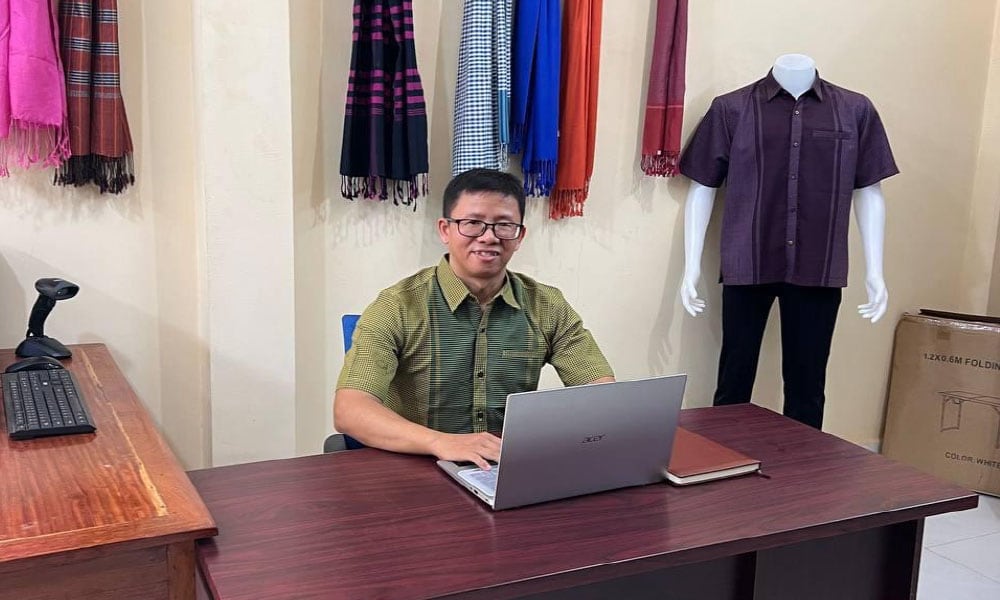
The new EP Operations Coordinator, Mr Heang Vibol.
A new era for a long-standing project in Cambodia
QSA and its partner, Bunrany Hun Sen Development Center (the Center) in Cambodia, have embarked on an exciting new venture to create a more commercial and self-sustaining operation to provide skills and increased employment to rural women.
The Center is an established social enterprise in Pursat that trains rural women and produces and sells handicrafts. It was established in 1996 to provide vocational training in traditional handicrafts to help alleviate poverty and empower women in Pursat and surrounding rural areas. The aim is to give people (primarily women) skills to generate income and enhance their family situation.
In conjunction with QSA, the Center is entering a new phase to make the organisation more commercial, sustainable, and self-sufficient. A newly established business entity, currently called the Enterprise Project (EP), will operate as a separate production and sales operation. The EP will focus on increasing sales by identifying target products, developing new markets, and upgrading internal systems, including production, distribution, finance, and IT. It will also include recruiting and training new staff.
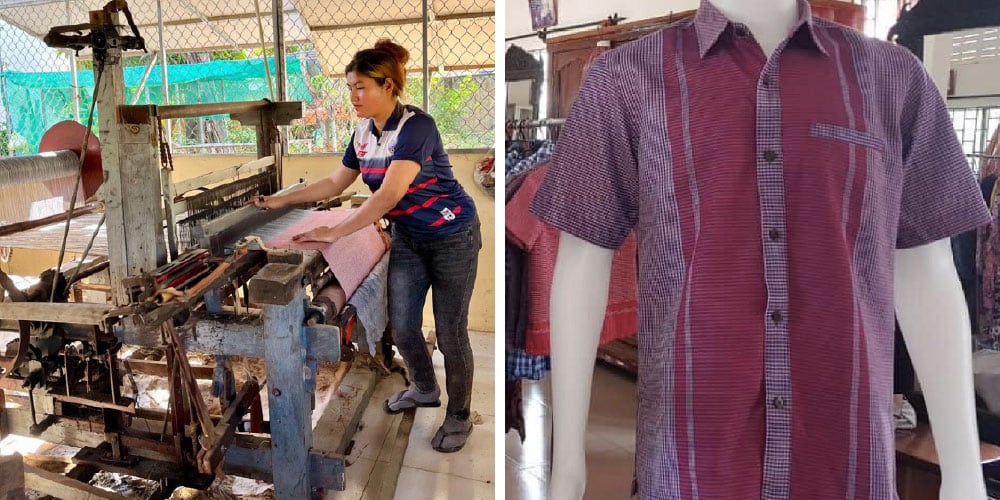
Left: The loom used to weave the kroma. Right: Men’s shirts sewn from kroma woven at the Center
QSA started working with the Center in 1998 with a small permaculture demonstration farm. The relationship developed over the next 16 years, with QSA becoming a significant funder of the organisation as it transitioned into a specialised training organisation, then a production and retail organisation.
Approximately 30 people (primarily women) now work in a production and sales facility in Pursat Town in sewing, fabric, and mat weaving. The Center also provides handicraft training and a sales outlet for women in rural areas who use their skills to produce items using local materials such as woven baskets.
The Center has unique skills and experience producing high-quality clothing from traditional kroma (scarves). Still, it needs more financial resources, knowledge and skills in many areas, including business planning, finance, IT, sales, marketing, product design, quality control and stock control.
The Enterprise Project
The Enterprise Project is a new business entity focused on achieving sales and commercial success. It will initially focus on weaving kroma on the EP’s loom and producing and selling men’s overshirts using this fabric. These shirts will be sold online as premium products for events (Khmer New Year, water festival, weddings, corporate events) and corporate and personal gifts.
Increased incomes, a growing interest in traditional designs, and a desire to support local handicrafts and social enterprises are expected to lead to good opportunities for the new venture. New designs are also planned to appeal to younger men.
Successful systems implemented in the EP will later be transferred to the broader operation, enabling the Center to achieve self-sufficiency. QSA will support the Center and the EP during this transition but gradually phase out its support as the organisation becomes more commercial.
This project is supported by the Australian Government through the Australian NGO Cooperation Program (ANCP).

A student in Tamil Nadu drew his understanding of what is climate change.
QSA projects and climate change
Australian NGOs are playing an increasingly important role in Australia’s climate change action with our developing partners. Addressing poverty and inequality cannot be effective without addressing global climate and environmental impact.
QSA includes assessment on climate and environmental risks in all of its projects.
Barry O’Farrell and Sarah Kirlew, visit the Poonga environmental education centre in Chennai
On March 18th 2022, The Hon Barry O’Farrell, Australia’s High Commissioner to India and Sarah Kirlew, Australian Consul General to South India visited the Poonga environmental education centre in Chennai, Tamil Nadu and giving support to Pitchandikulam Bio Resource Centre’s Environmental Education Project. Pitchandikulam Bio Resource Centre is one of QSA’s project partners in Tamil Nadu, with its environmental education and restoration, income generation and support projects funded by the Australian Government through the Australian NGO Cooperation Program (ANCP) and QSA.
Photos credit: PBRC
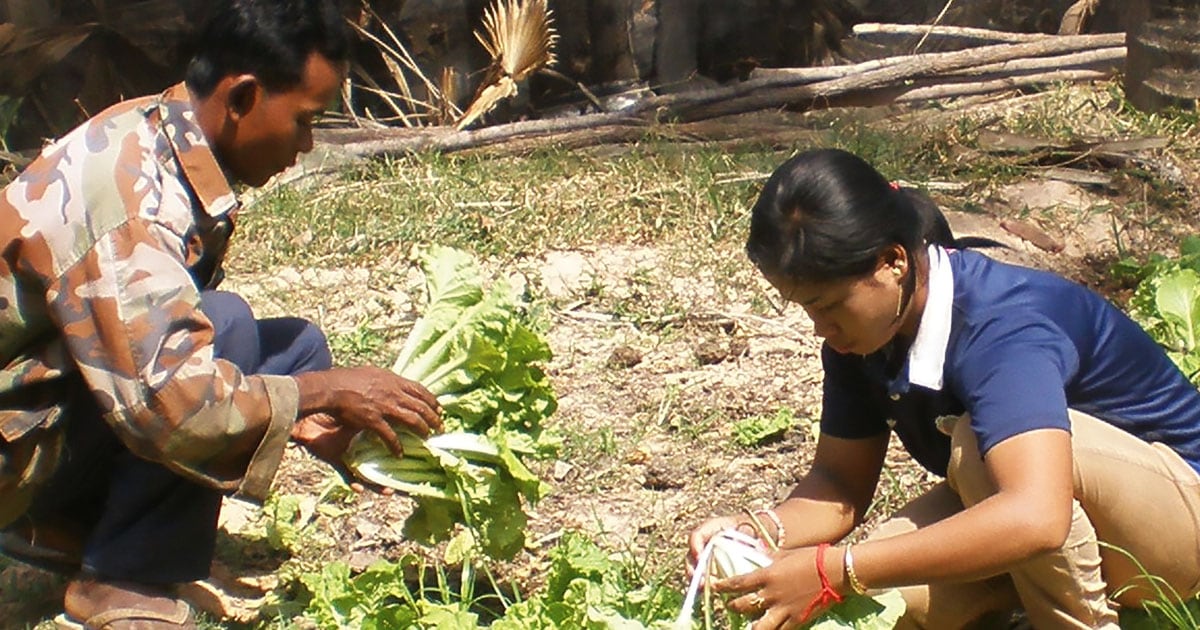
Couple harvesting crops for local market – Cambodia
Help QSA to support rural communities recover from COVID-19
Many communities are faring worse today than they were a year ago. Even if not directly impacted by COVID-19, they have been affected by disruptions to the markets and systems that support their livelihoods, and often there is insufficient information or healthcare facilities in rural regions. The number of COVID cases and deaths are not being recorded accurately in some countries, making it extremely difficult to contain and prevent the spread.
Donations to support the work of QSA
If you would like to make a donation to continue the work being done by QSA, this can be done by visiting our Donation Page.
You can donate by cheque, direct deposit, or credit card.
All of our donations are now tax deductible.
Thank you everyone, you will be contributing to the enhanced wellbeing and opportunities within the communities in Australia, Cambodia, India and Uganda where QSA is working.

www.churchagenciesnetwork.org.au
You can find CAN info pack here.
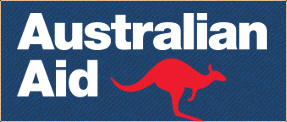
QSA acknowledges the support of the Australian Government through the Australian NGO Cooperation Program (ANCP).
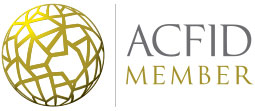
QSA has signed onto the Australian Council for International Development Code of Conduct See www.acfid.asn.au for details.
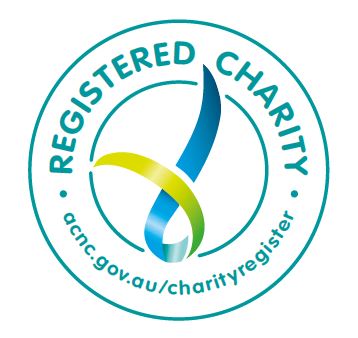
QSA’s policies
If you would like to understand more about QSA’s approach to its development work, this website shows you some details of the various projects currently being supported, and for the theory behind …
If you have a grievance, complaint or dispute find out about our procedures here.
